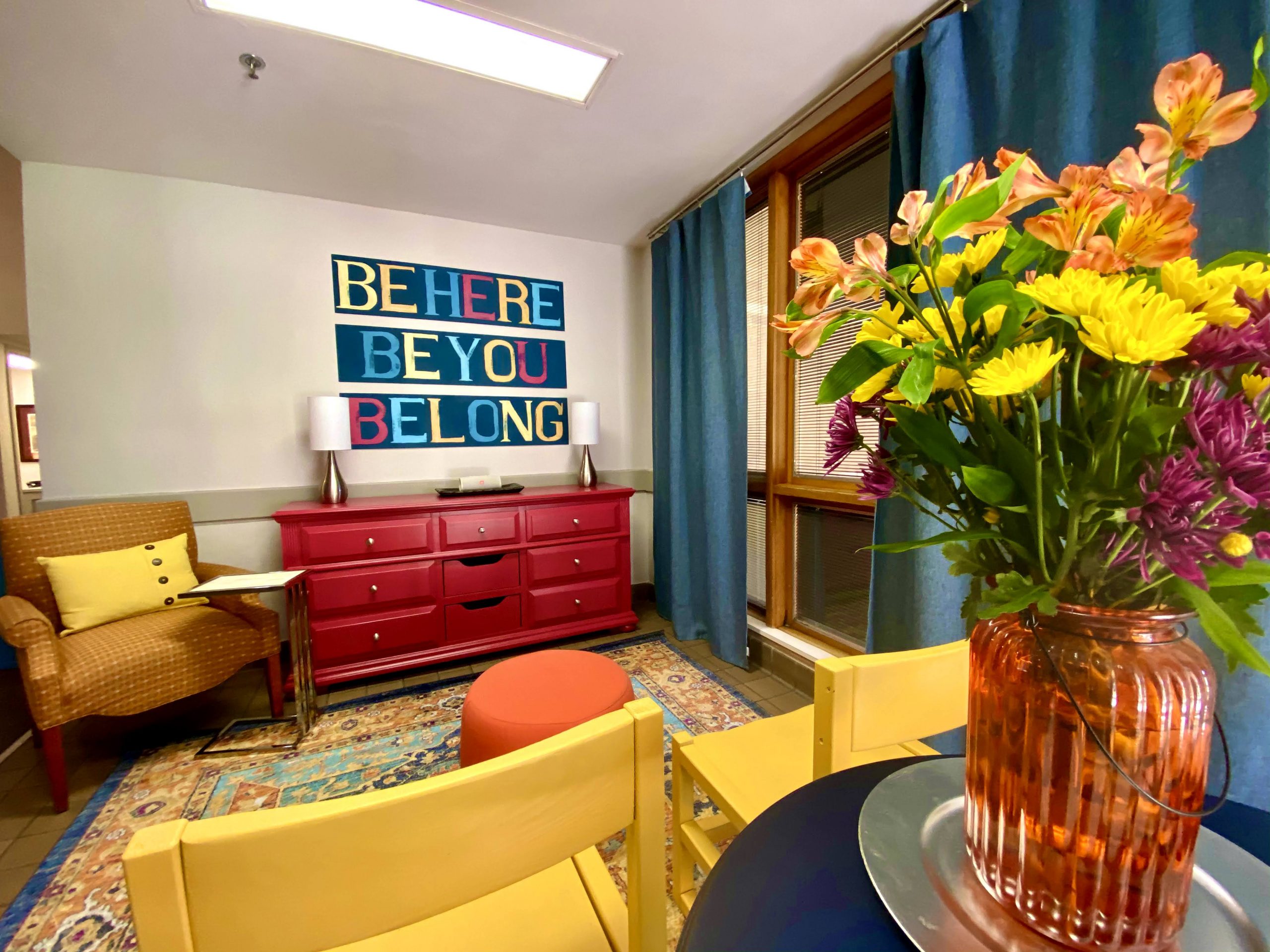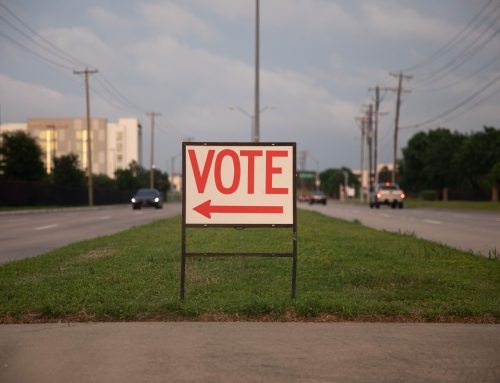
Photography courtesy of Juliette Fowler Communities.
Just days after the opening was announced, Winter Storm Uri destroyed Juliette Fowler’s new Youth Support Center meant to help young people escape or avoid sex trafficking. Juliette Fowler has since relocated the program to continue serving survivors.
Although Juliette Fowler was registered as critical infrastructure, the facility was without power for 14 hours, then again for nine hours, and there were not enough generators to supply power to all of the buildings. The frozen water within the pipes caused the fire sprinkler system to burst in the Youth Support Center. The pressure of those exploding pipes caused structural damage to the ceiling and walls, President and CEO Nicole Gann said.
“It came so fast and so quick,” she said. “The ceiling caved in. Water punched out the ceiling tile. You realize a trash can is not going to solve the leak. By the time I got there, I was ankle deep in water.”
Parts of the building are still being demolished. Then Juliette Fowler will have to secure a general contractor to rebuild in a timely manner. There was so much damage across Dallas that it could take longer than usual to find a contractor with time for repairs.
“It would be easy to say we’ll rebuild it the way it was, but the Youth Support Center was in a building we’ve been retrofitting since the 1980s,” Gann said. “It’s very segmented and choppy. If we have a chance to redesign the space, it could be a different dynamic. We could imagine a more efficient and useful space.”
Juliette Fowler consolidated many of its services to the Ebby House, which opened in 2014 to provide a residential home and support services for young women who aged out of foster care or who left foster care prior to their 18th birthday.
“The Youth Support Center and the residency program will continue on, and we’ll place them in the best place to serve those outcomes,” Gann said. “We might just not know where that is yet. We might find out there’s a greater synergy having them together. We’ll have to see how they transpire and develop.”
Referrals to the program have continued, but over the past few weeks, most participants have not been on campus. Instead, they’ve received support through virtual programs, Gann said.
“We made sure no one fell through the cracks,” she said. “Even thought it’s working differently than we imagined, it’s still working, despite the circumstances.”





